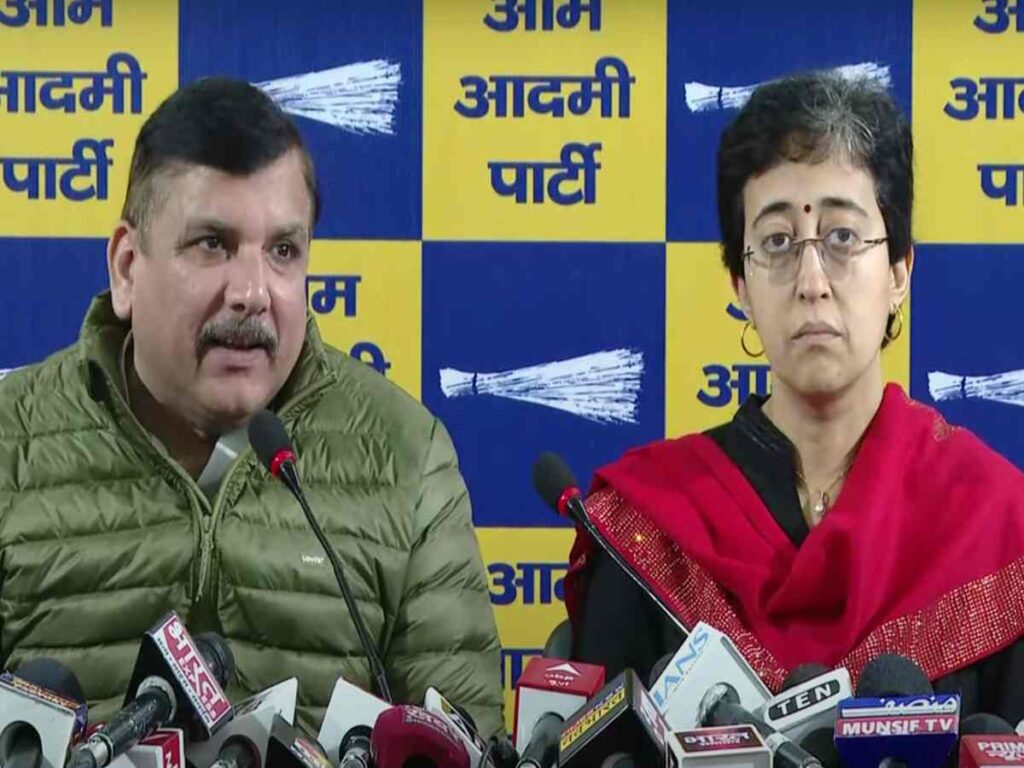Delhi Police have registered a First Information Report (FIR) against Aam Aadmi Party (AAP) MLA Amanatullah Khan for allegedly violating the Model Code of Conduct (MCC) by engaging in late-night campaigning ahead of the Delhi Assembly elections. The case has been filed under Section 223 of the Bharatiya Nyaya Sanhita, which pertains to disobeying orders given by public servants, and Section 126 of the Representation of the People Act, which prohibits election campaigning during the prescribed silent period.
The FIR alleges that Khan, the incumbent legislator from Okhla, continued campaigning activities beyond the permissible hours, thereby contravening the MCC guidelines that mandate a cessation of electioneering 48 hours prior to polling. This period, often referred to as the “silence period,” is intended to allow voters to reflect on their choices without the influence of active campaigning.
This is not the first time Khan has faced legal challenges. In May 2022, he was booked for allegedly obstructing a demolition drive conducted by the South Delhi Municipal Corporation (SDMC) in the Shaheen Bagh area. The police registered a case against him under Sections 186 (obstructing public servant in discharge of public functions) and 353 (assault or criminal force to deter public servant from discharge of his duty) of the Indian Penal Code, following a complaint by SDMC officials.
Furthermore, in September 2022, the Anti-Corruption Branch (ACB) arrested Khan in connection with alleged irregularities in the Delhi Waqf Board, where he serves as the chairman. The FIR, filed in 2020, pertained to accusations of illegal appointments, creation of tenancy in the board’s properties, and financial mismanagement. During the investigation, unlicensed firearms and substantial cash were reportedly recovered from his associates’ residences.
Khan has consistently refuted these allegations, asserting that they are politically motivated attempts to tarnish his reputation. He has maintained that his actions have always been in the public interest and within the bounds of the law.
The AAP has also come to Khan’s defense, describing the FIRs and arrests as part of a broader strategy to target its members. Party spokespersons have labeled the cases as baseless and fabricated, aimed at undermining the party’s image ahead of elections.
Legal experts note that violations of the MCC and the Representation of the People Act are taken seriously, as they are designed to ensure free and fair elections. If found guilty, candidates can face penalties ranging from fines to disqualification, depending on the severity of the violation.
The Delhi Assembly elections are a critical event, with major parties vying for control of the legislative assembly. Allegations of MCC violations can have significant implications for candidates, potentially affecting their electoral prospects and the overall perception of the party.
As the legal proceedings unfold, all eyes will be on the judiciary to ensure a fair and impartial investigation. The outcome of this case could set a precedent for how MCC violations are addressed in future elections, reinforcing the importance of adhering to electoral laws and maintaining the integrity of the democratic process.




 SEBI Grants IPO Approval To SMPP, Aditya Infotech And Six Others
SEBI Grants IPO Approval To SMPP, Aditya Infotech And Six Others 